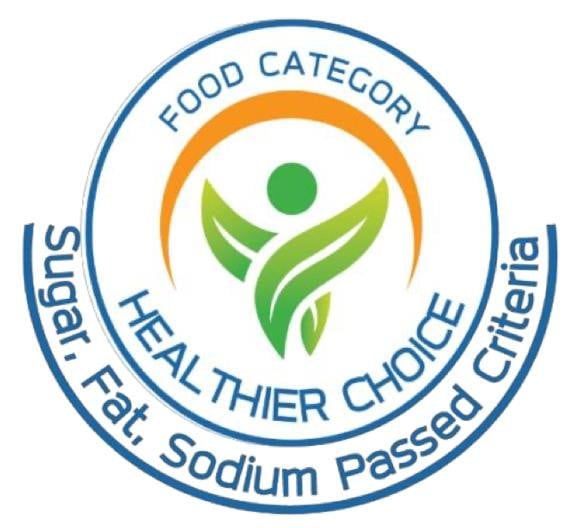Thailand first introduced its own Thailand Healthier Choice logo (THCL) in 2016, a voluntary front-of-pack nutrition labelling scheme hoped to aid consumers in making healthier purchasing and consumption choices.
The THCL system is based on nutrient profiling criteria to categorise healthier options that target more ‘desirable’ nutrients like protein and fibre, and less ‘undesirable’ nutrients like saturated fat, sugar, and sodium.
Nine years after implementation, the Thai FDS announced in January 2025 that it would be revising and tightening the criteria required for certain food categories to be eligible to display the THCL logo.
“The food categories that will be revised will focus on beverages and food seasonings, [as these are] very important in the Thai food system,” nutritional symbol subcommittee Chairman Chalat Santiwarangkana said via a formal statement.
“New standards will also be specified for the instant food group covering soup bases, whether in bouillon cubes, concentrated form, powdered form or dry form that are used for making clear soups; as well as for dairy alternative products.”
Although not specified in the statement, soup bases have long been considered one of the top contributors of sodium in local diets, hence the particular attention paid to this group.
“Soup bases must contain not more than 200mg of sodium per 100g of soup prepared in order to display the Healthier Choice logo, as well as have no more than 5.4g of total fat per 300g of soup prepared,” the agency added.
“As for plant-based dairy alternatives, whether these are in RTD, semi-liquid or powdered format, products must contain less than 5.5g sugar and 3.3g saturated fat per 100ml, and less than 4,100mg sodium per 300 grams of the final drinking product in order to display the logo.
The revisions were implemented and enforced with immediate effect upon announcement, but Thai FDA has given food firms two years to clear products that still carry the logo according to previous criteria.
“All manufacturers or importers of food that have been certified and approved to display the THCL on-pack prior to this announcement must make changes to all future products in order to be considered in compliance with the criteria specified in this announcement,” it said.
“We will allow all products manufactured or imported before this date to continue to be sold in stores, but this grace period will be for not more than 24 months – after this, all non-compliant products must be sold or removed from shelves.
In addition to soup bases and dairy alternatives, beverages and seasoning products have also seen criteria tighten with regards to THCL display – this is also unsurprising, as Thailand is a heavy user of seasonings in local cuisine so this is also considered a major contributor of sodium to local diets, and likewise for beverages in terms of sugar contribution.
“Instant coffee in particular has seen a revision of the allowable sugar content – this has been reduced to not more than 5g (from 6g previously) per 100ml, and 15g (from 18g previously) per package with one serving being not more than 150% of the reference serving size, and the total package size not more than 500 ml,” stated supplementary documentation for this revision.
Bigger problems looming
That said, Thailand appears to be facing a more pressing problem with this system, which is a voluntary one – a 2023 Mahidol University study found that between 2017 and 2021, THCL uptake has not been as enthusiastic as the government appears to have hoped for.
“Our analysis found that only 10% of manufacturers in Thailand launched ‘healthier’ products that display the THCL logo with varied product numbers,” said the researchers.
“From this, we summarise that the initial five-year implementation of the THCL program shows promise, but its adoption remains limited and inconsistent, thereby restricting its influence on public health.”


